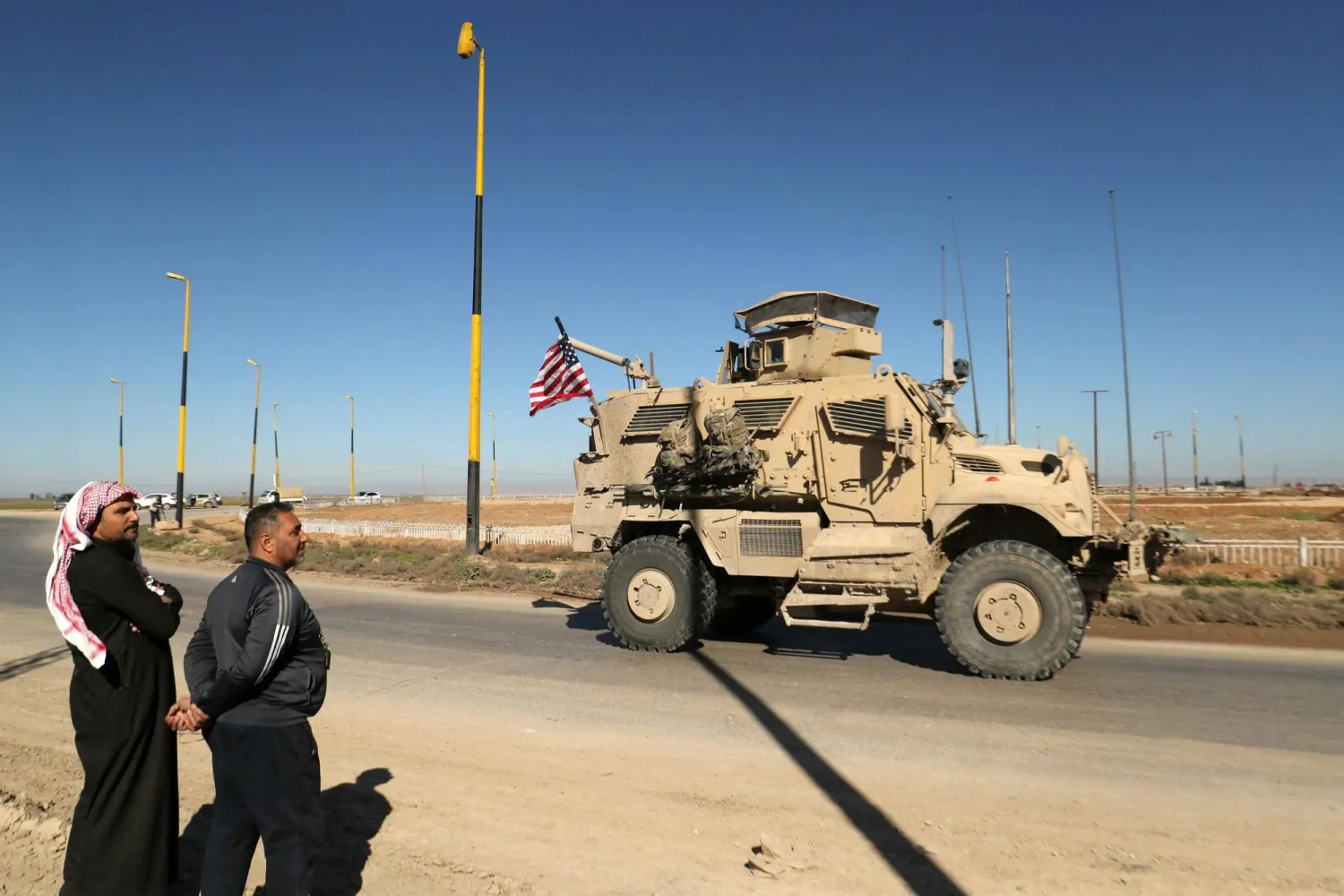The European Court of Human Rights (ECHR) on Tuesday condemned Cyprus for returning to Lebanon two Syrian refugees who had arrived on a small boat, without examining their asylum claim.
According to AFP, the pair, born in 1983, fled the Syrian city of Idlib and the civil war in their home country in 2016, staying in refugee camps in Lebanon.
On September 6, 2020, they boarded a boat for Cyprus, along with a group of approximately 30 Syrian and Lebanese people including
unaccompanied minors.
The following day, on arrival in the territorial waters of Cyprus, their boat was intercepted by the Cypriot coastguard.
Cypriot maritime authorities said the boat passengers had entered Cypriot territorial waters without permission and swiftly returned them to Lebanon where they still remain.
The two Syrians referred to the ECHR, underling that they were returned at the border without individual identification or procedure.
In response to their application, the European court issued a verdict on Tuesday stating that Cyprus had violated Article 3 of ECHR and the UN Refugee convention.
Also, it said collective expulsions of migrants are prohibited under Article 4 of Protocol 4 to the ECHR and as such, cannot be tolerated.
The Cypriot authorities had essentially returned the pair to Lebanon “without processing their asylum claims and without all the steps required under the refugee law,” said the verdict.
Cyprus failed to conduct “any assessment of the risk of lack of access to an effective asylum process in Lebanon or the living conditions of asylum-seekers there,” it added.
The court ordered Cyprus to pay each applicant 22,000 euros ($24,150) for damages and another 4,700 euros ($5,160) jointly for costs and expenses.









